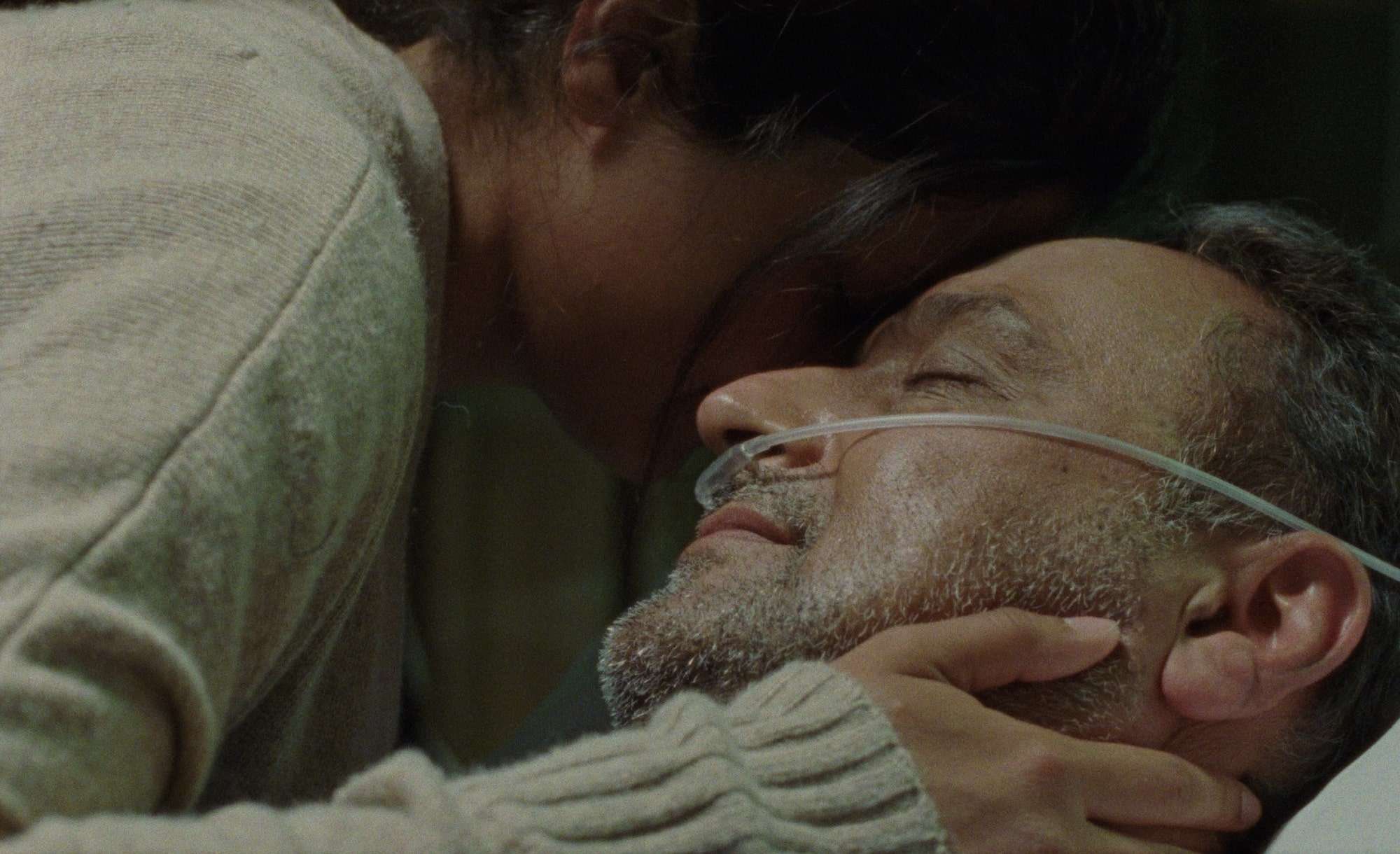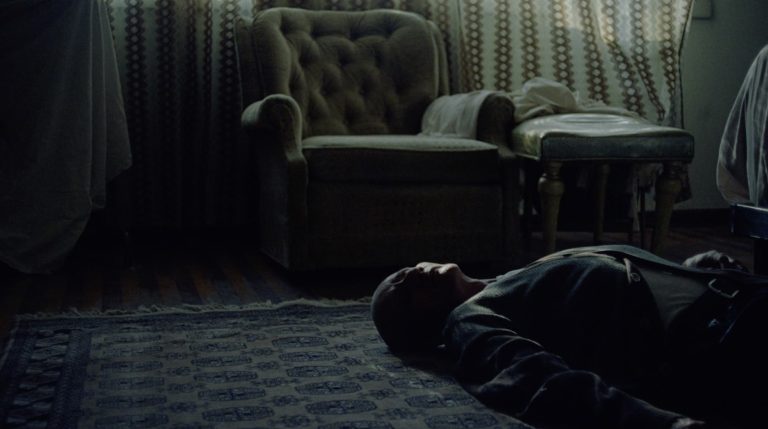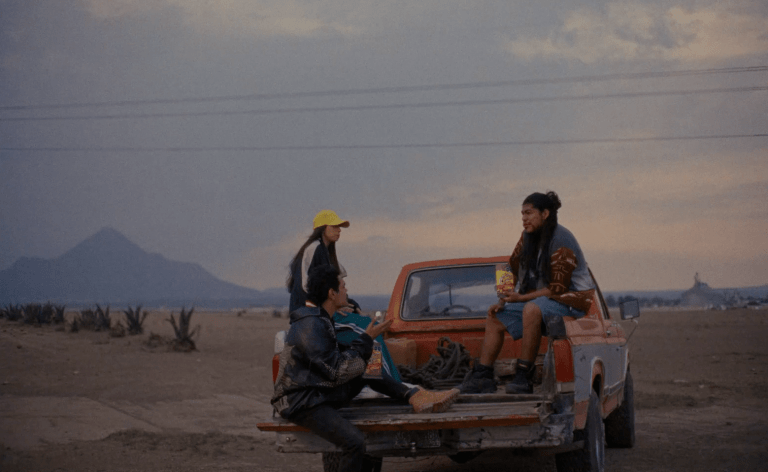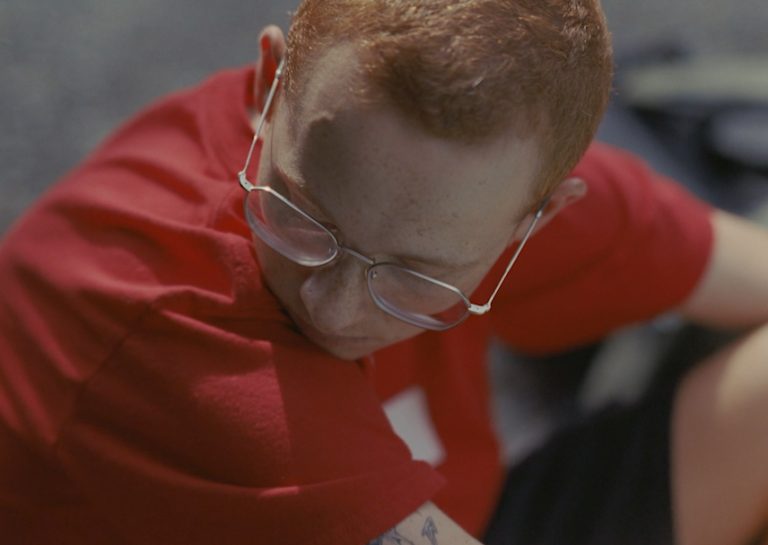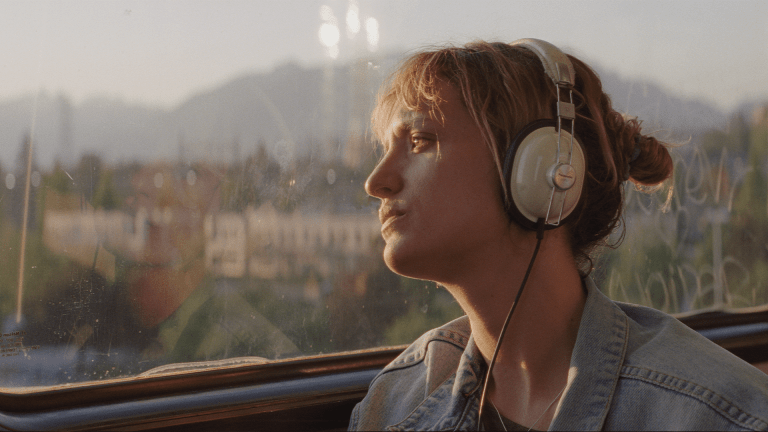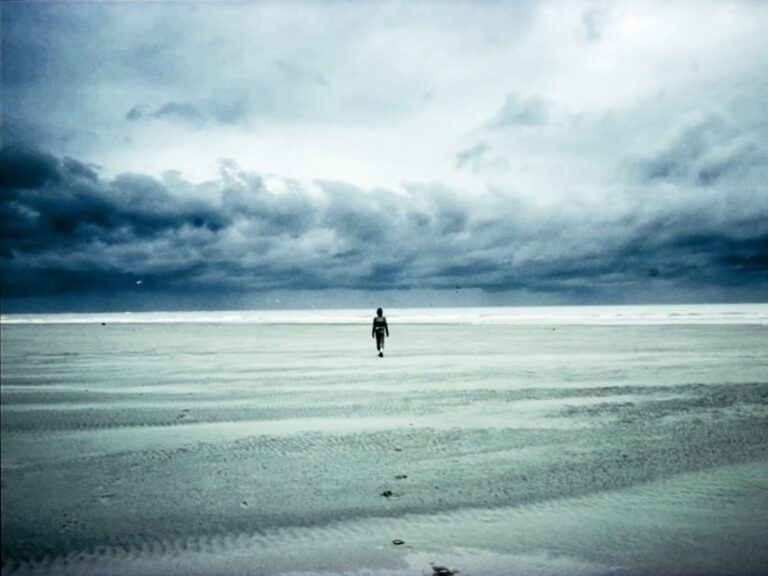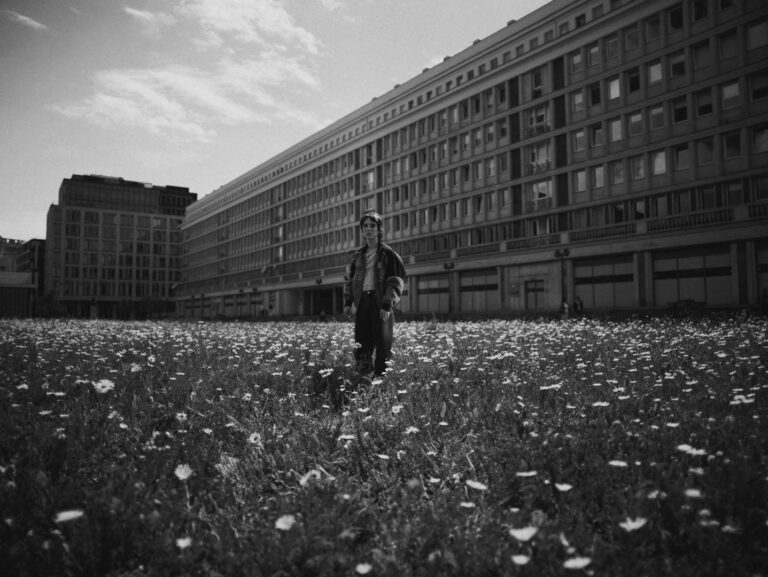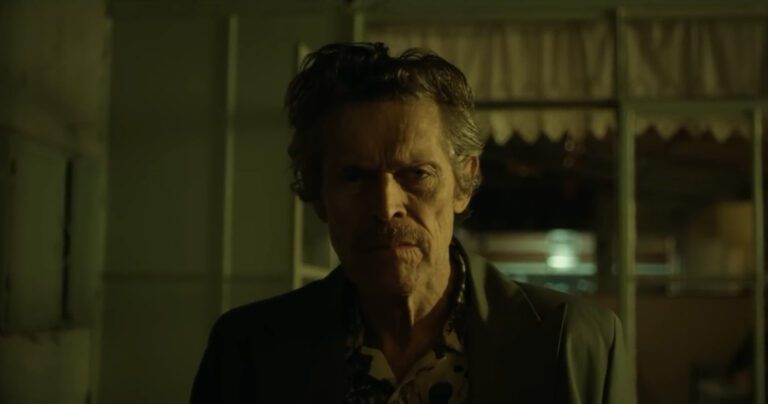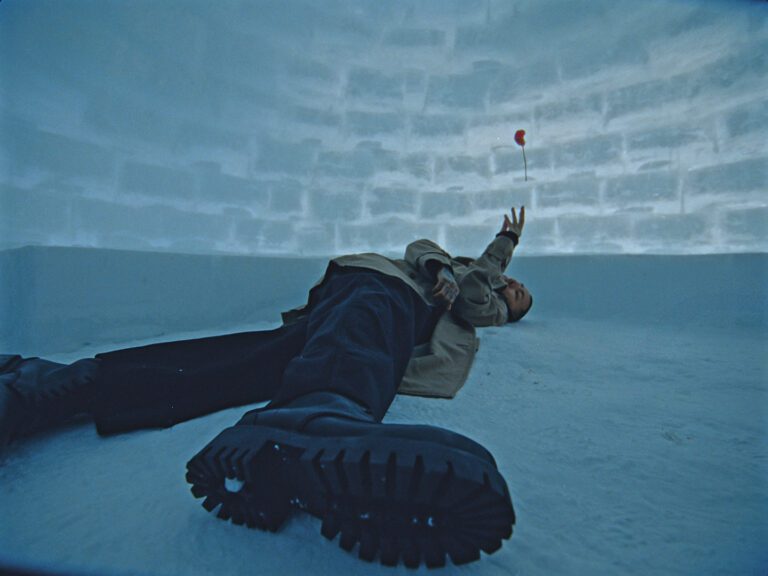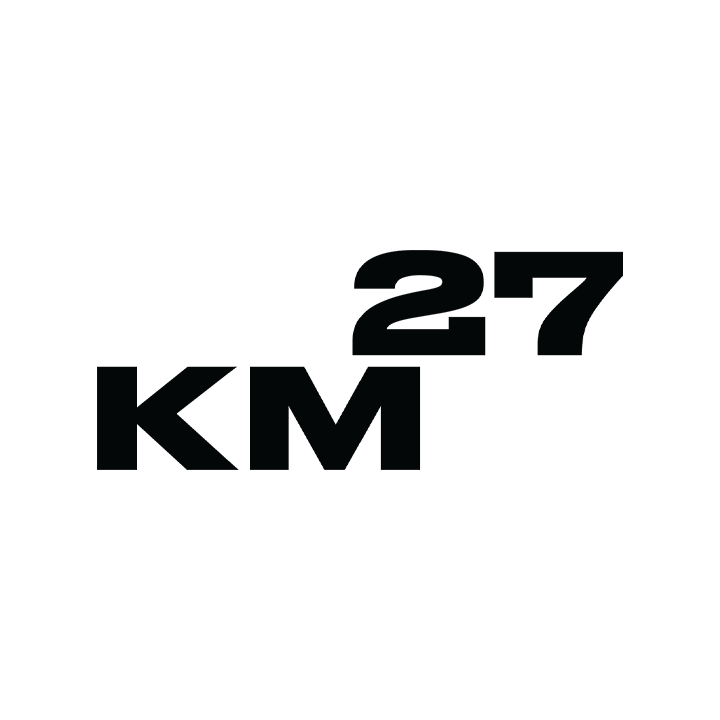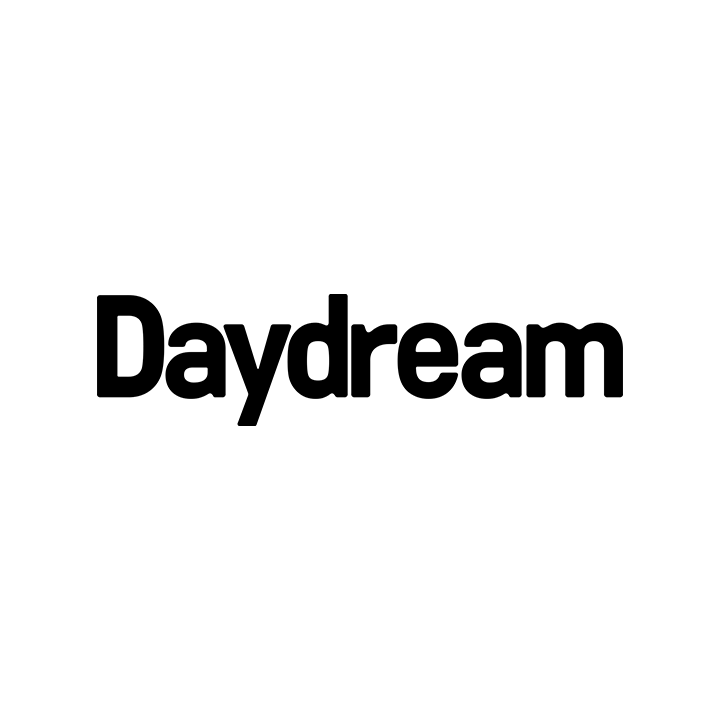Suggested Terms
Director
Location
Format
Festival
Agency
Production Company
Record Label
Award
Country
- Canada
Production Company
-
Dunya Media
-
Wallop Film
September 2021
Alexander Farah directs ‘Meet You At The Light’ for Desirée Dawson.
A bittersweet and heartfelt portrait of a young woman and her diabetic father.
Country
- Canada
Production Company
-
Dunya Media
-
Wallop Film
Credits
-
Director
-
Producer
Shyam Valera
-
Producer
Kashif Pasta
-
Director of Photography
Farhad Ghaderi →
-
Casting
Kris & Kara Casting
-
Colourist
Sam Gilling →
-
Production Company
Wallop FilmDunya Media
